2 min read
Gospel-Centered from the Start
“Let us hold unswervingly to the hope we profess, for He Who promised is faithful…Jesus Christ is the same yesterday, today, and forever.” (Hebrews...
The recent tension between the City of Spokane and Blessings Under the Bridge actually points to a positive bottom line: Spokane is an extremely compassionate city, giving generously to a variety of charities working to care for those on the fringes of our society. I am grateful to live in a community where those who have been blessed freely share what they have with those who are hurting.
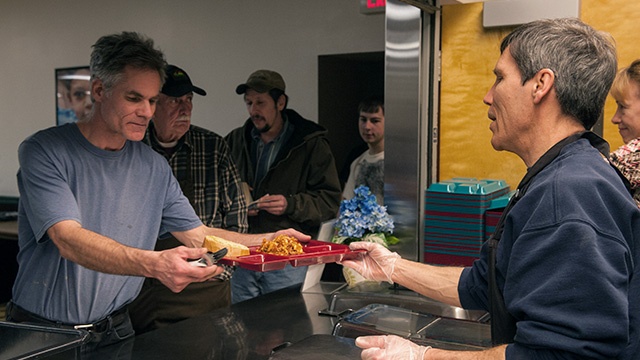
The Union Gospel Mission operates on the principle that each individual is created in the image of God and has the potential to live a meaningful life, something much better than mere survival on the street.
To bring about real change, we must address the problem of homelessness at its roots: family breakdown, substance abuse, mental illness, joblessness and a lack of affordable housing. And we must ask ourselves repeatedly if what we’re doing is working.
Providing food and shelter is a great first step, but as a standalone, it can also lead to dependence and erode personal responsibility. Poverty is more than a lack of money; it is a belief that one cannot take care of oneself and must depend on others to do so. As Robert Lupton says in his book, Toxic Charity, “When we do for those in need what they have the capacity to do for themselves, we disempower them.”
Since President Lyndon Johnson declared “an unconditional war on poverty” in 1964, the US government has spent $22 trillion on anti-poverty programs, according to The Heritage Foundation.
In addition to government spending, individuals give a mind-boggling amount to charity. According to the National Philanthropic Trust, Americans gave $373 billion in 2015, more than $1 billion a day; $45 billion to human services. After all this spending, the impact on the poverty rate has been minimal.
Locally, Spokane citizens give an average of 4.7% of their annual income to charity, as reported in the Chronicle of Philanthropy, for a total of $148,267,676. And yet, last year’s Point-in-Time Count revealed an increase in the number of homeless individuals.
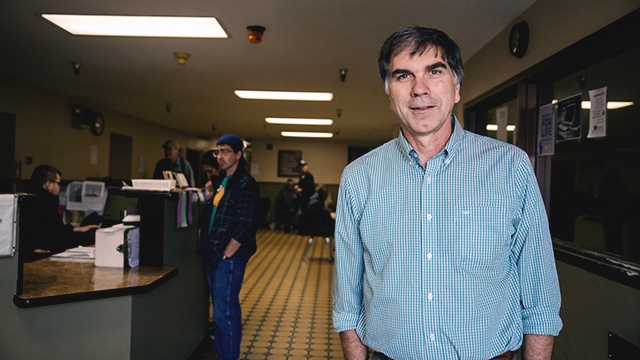
As the leader of a local nonprofit working with the poor, I take these numbers very seriously. America is a generous country. Spokane is a generous city. People are entrusting us with a significant portion of their hard-earned money. We must be accountable– not just for the temporary relief of immediate suffering but for long-term change.
I'll be the first one to admit that we've had varying levels of success over the past 66 years. Homelessness is a complicated problem, and each homeless individual has a unique history. There are no quick fixes, which is why it’s critical that local government and nonprofits serving the same population work together and not duplicate efforts. Each of us must find our niche and continually measure our effectiveness.
Here's where UGM has discovered we can make the biggest impact: 1) holistic healing for the trauma that often underlies addiction; combined with 2) job training and employment readiness.
Recent research with regard to Adverse Childhood Experiences has borne out what those of us in social services have sensed for a long time: Individuals who suffer childhood trauma are more inclined to self-destructive behavior. The greater and more frequent the trauma, the greater the tendency toward self-destruction in adulthood. Recovery must go beyond sobriety to whole-person healing, addressing the causes of the addiction, not just the symptoms. Hurt by people, addicts often isolate when what they actually need is a community where they are loved and accepted.
Meaningful work goes hand in hand with recovery. Last year, 194 men and women left UGM for jobs. People need to see that they have something valuable to offer the world. Too often, homeless individuals have been treated as though they are stupid and worthless. Something as simple as a chore well done begins to combat that false belief. A paycheck is important, but the value of a job extends beyond the financial. Meaningful work brings dignity and self-respect.
Having served on the board of the Association of Gospel Rescue Missions and as president of the Northwest District Conference, I’ve visited cities and homeless shelters all over the country. Cities with permissive policies toward street living, such as Seattle and Portland, have seen the number of homeless individuals increase and budget demands rise significantly.
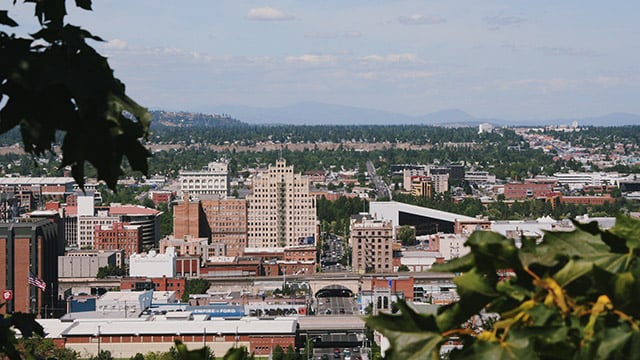
As I said at the outset, Spokane is a fantastic community that gives generously to help those in need. Those of us who have been entrusted with those funds have a responsibility to honor their investment by asking the tough questions about what’s working and having the courage to change what’s not.

2 min read
“Let us hold unswervingly to the hope we profess, for He Who promised is faithful…Jesus Christ is the same yesterday, today, and forever.” (Hebrews...

9 min read
To celebrate 75 years of serving the Inland Northwest, we are spending the year remembering our history and the faithfulness that built us and...

2 min read
In 2026, Union Gospel Mission Inland Northwest is approaching our 75th Anniversary! This is a milestone that invites gratitude and reflection, and...
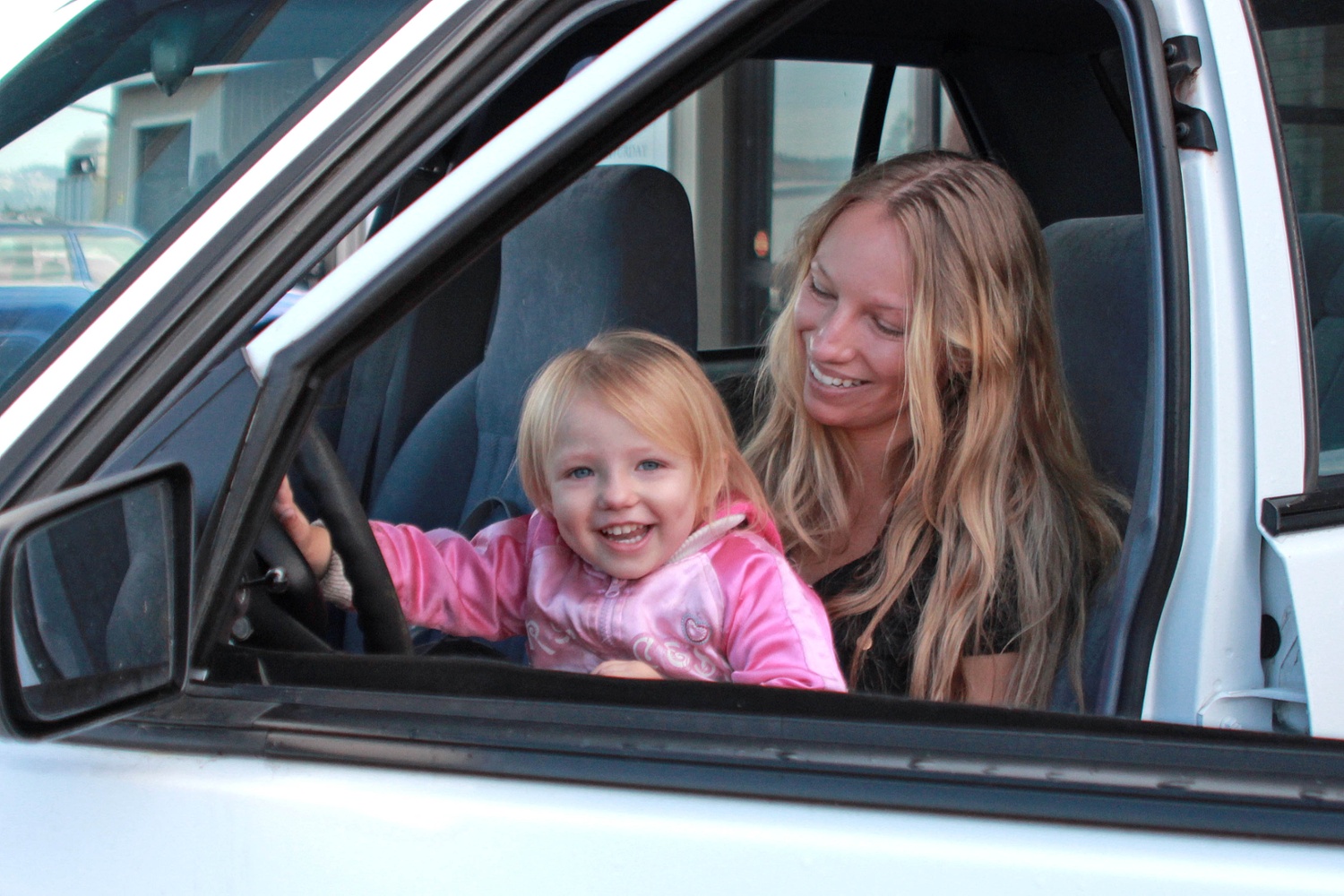
Reason #1: Shari Griffin Shari, 50, just finished the first four phases of the LIFE Recovery program at the UGM Center for Women & Children in Coeur...
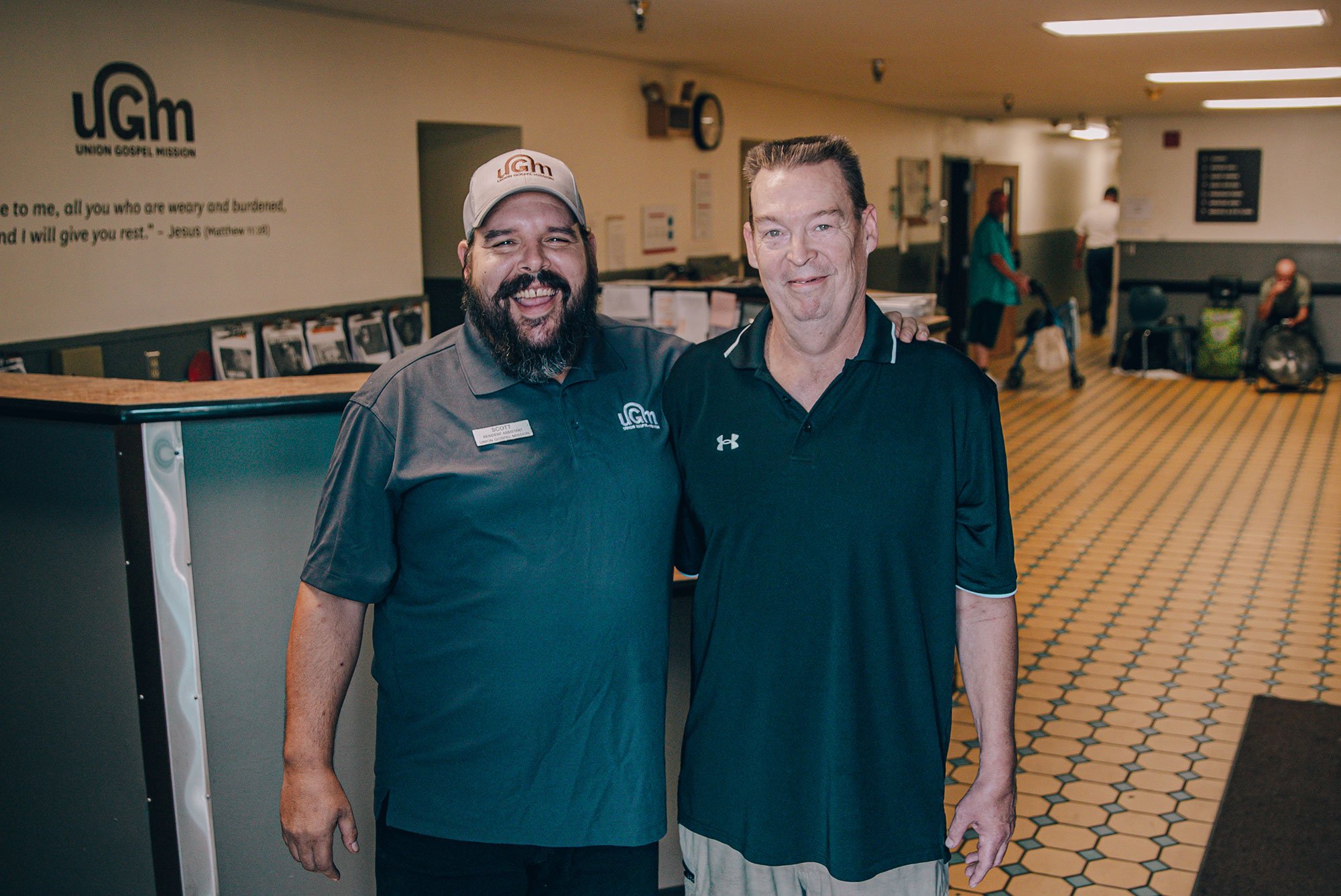
UGM is more than a shelter. Deep at the root of everything we do—from creating a warm welcome to helping people heal, thrive and get back to...
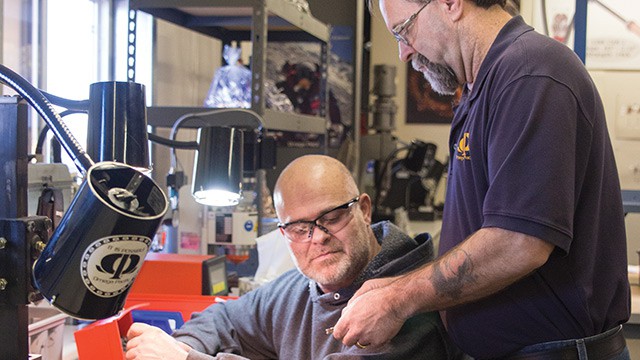
Omega Pacific Omega Pacific, a local manufacturer of climbing gear, has hired two men from UGM’s Employment Ready Program. Here, Director of...